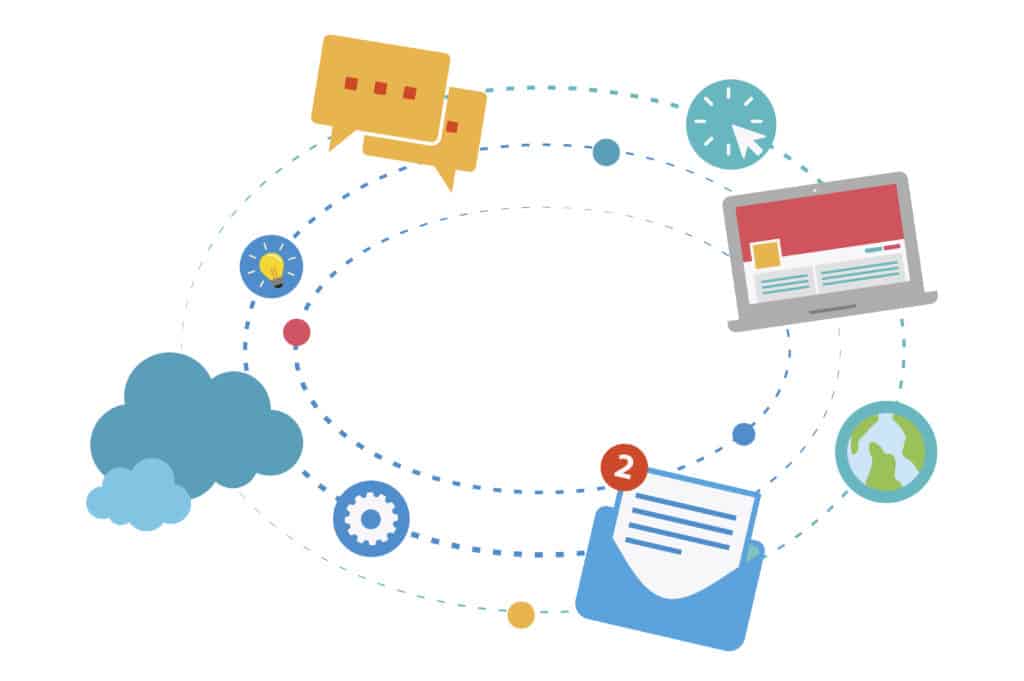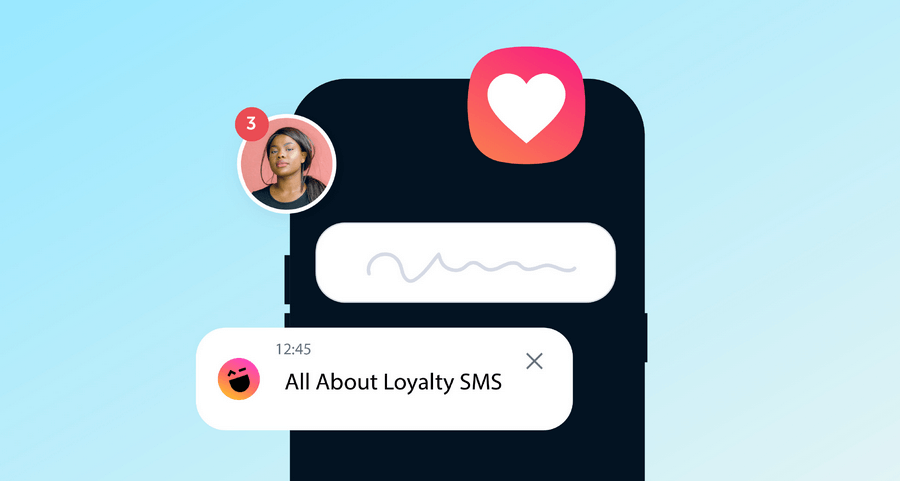📑 Table of Contents
- The Shift: From Broadcast to Conversation
- Why Text Messaging Outperforms Other Channels
- Text Messaging Use Cases That Boost Engagement
- The Power of Two-Way Messaging
- SMS + AI: The Next Level
- Why Customers Prefer Texting
- Best Practices for Effective SMS Engagement
- Industries Already Winning with SMS Engagement
- Looking Ahead: The Future Is Conversational
In today’s fast-moving digital landscape, brands need more than attention—they need connection. While emails get ignored and social feeds get crowded, one channel keeps delivering: text messaging. It’s not just a trend. It’s the future.
From startups to enterprise giants, businesses are turning to SMS to engage, retain, and convert customers. But what makes texting so powerful? And why does it outperform other marketing channels?
Let’s dive deep into why text messaging is the next frontier of customer engagement—and how you can use it to stay ahead.
The Shift: From Broadcast to Conversation
Marketing used to be one-way. Brands shouted. Customers listened. That’s over.
Today, customers want a two-way connection. They expect answers fast, updates on time, and content that feels personal. Text messaging delivers all of that—and more.
Unlike email or social media, SMS is:
- Immediate
- Direct
- Highly personal
With open rates as high as 98%, text messages get noticed. And because texting is native to mobile, people trust and act on them quickly.
Why Text Messaging Outperforms Other Channels
Apart from other channels, text messaging outperforms others, let’s take a look below:
1. Speed and Immediacy
SMS reaches customers in seconds. Whether you’re sending an order update or a flash sale alert, the message lands straight in their pocket. Most texts are read within three minutes. That’s a game-changer for time-sensitive communication.
2. Unmatched Open and Response Rates
Let’s compare:
- Email: 20% open rate
- Social media: even lower reach
- SMS: 90–98% open rate
It doesn’t stop there. SMS has a 45% response rate, compared to just 6% for email. That’s huge if you’re driving conversions or seeking feedback.
3. Personalization That Actually Works
Texting feels personal. You’re not shouting into a crowded room. You’re sending a direct message—often with a name, preference, or past action attached.
Example: “Hey Sam, your refill is ready! Tap here to reorder now.”
That one line builds loyalty, reduces churn, and boosts customer lifetime value.
Text Messaging Use Cases That Boost Engagement
SMS isn’t just for promotions. It’s a tool for every stage of the customer journey.
Welcome Sequences
Make a great first impression with a warm, fast welcome.
“Thanks for signing up! Here’s your 10% off code: WELCOME10.”
Transactional Updates
Keep customers in the loop with real-time updates.
“Your package is out for delivery. Track it here: [link]”
Loyalty Rewards
Show appreciation with timely rewards.
“You’ve earned 200 points! Redeem them now for a special discount.”
Appointment Reminders
Reduce no-shows and improve service efficiency.
“Reminder: Your hair appointment is tomorrow at 2 PM. Reply YES to confirm.”
Customer Support
Let customers skip the wait and get help via text.
“How can we help today? Text back with your question anytime.”
The Power of Two-Way Messaging

One-sided messages don’t build trust. Real engagement comes from two-way conversations. And that’s where text messaging shines.
With AI chatbots and SMS automation, brands can:
- Answer FAQs instantly
- Collect feedback in real time
- Escalate issues to human support when needed
This creates a seamless experience that feels responsive and helpful—without overwhelming your team.
SMS + AI: The Next Level
When you pair SMS with AI, things get even smarter. AI tools help you:
- Predict customer behavior
- Personalize messages at scale
- Automate campaigns based on triggers
- Analyze response data in real time
So instead of blasting the same text to everyone, you’re sending relevant, timely, data-driven messages that actually convert.
Example: “Hey Priya, your cart’s still waiting! Get 10% off if you check out today.”
That’s not marketing. That’s smart engagement.
Why Customers Prefer Texting
Let’s be honest—nobody wants more emails. And calls? Even worse.
Here’s why customers love SMS:
- No logins or apps needed
- It feels fast and frictionless
- They can respond on their own time
- It cuts through the noise of inboxes and feeds
And when brands respect their time (and inbox), customers stay loyal.
Best Practices for Effective SMS Engagement
To keep your audience engaged—and avoid opt-outs—follow these proven tips:
Always Get Permission
Only send messages to people who’ve opted in. It’s not just good practice—it’s the law.
Keep It Short and Clear
Stick to 160 characters. Make every word count. Include a CTA.
Example: “Your free trial ends in 2 days. Upgrade now to keep your benefits: [link]”
Personalize Every Message
Use names, preferences, and behaviors when possible. People respond better when it feels tailored.
Don’t Spam
Send only relevant, timely messages. Too many texts = unsubscribes.
Include an Easy Opt-Out
Always let users leave the conversation easily. “Reply STOP to unsubscribe” should be included.
Industries Already Winning with SMS Engagement
Text messaging isn’t limited to retail. It’s transforming engagement across industries:
- Finance: Sending fraud alerts and payment reminders.
- Healthcare: Managing appointments and prescription reminders.
- Logistics: Keeping customers updated with live tracking.
- Hospitality: Confirming bookings and upselling in real-time.
- Education: Notifying students of schedule changes or deadlines.
No matter the niche, texting builds trust and convenience.
Looking Ahead: The Future Is Conversational
The rise of conversational marketing is no accident. Consumers don’t want more noise—they want meaningful interaction. SMS offers that.
As businesses invest in customer experience, texting will evolve:
- Rich media (RCS) will enhance visual engagement
- SMS chatbots will handle more advanced queries
- AI will predict the best message, tone, and time
- Integrations with CRMs will make personalization seamless
Soon, texting won’t just be a feature—it’ll be the backbone of customer engagement strategies.

Final Thoughts: Ready for the Future of Engagement?
Text messaging is no longer optional. It’s essential.
If you’re still relying on slow or noisy channels, now is the time to pivot. SMS gives you speed, reach, and personalization—three things every customer values.
As engagement becomes more real-time and relationship-driven, text messaging stands out as the smartest way forward.
